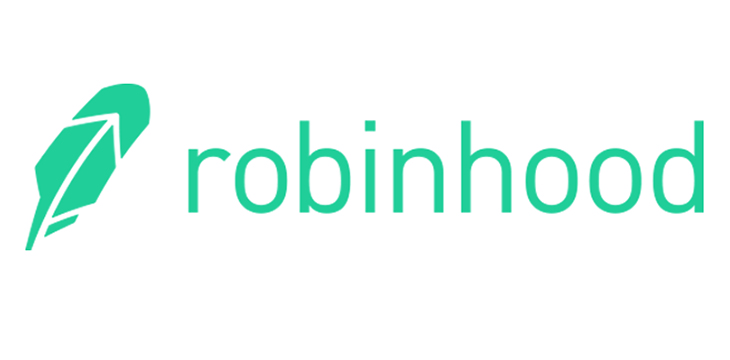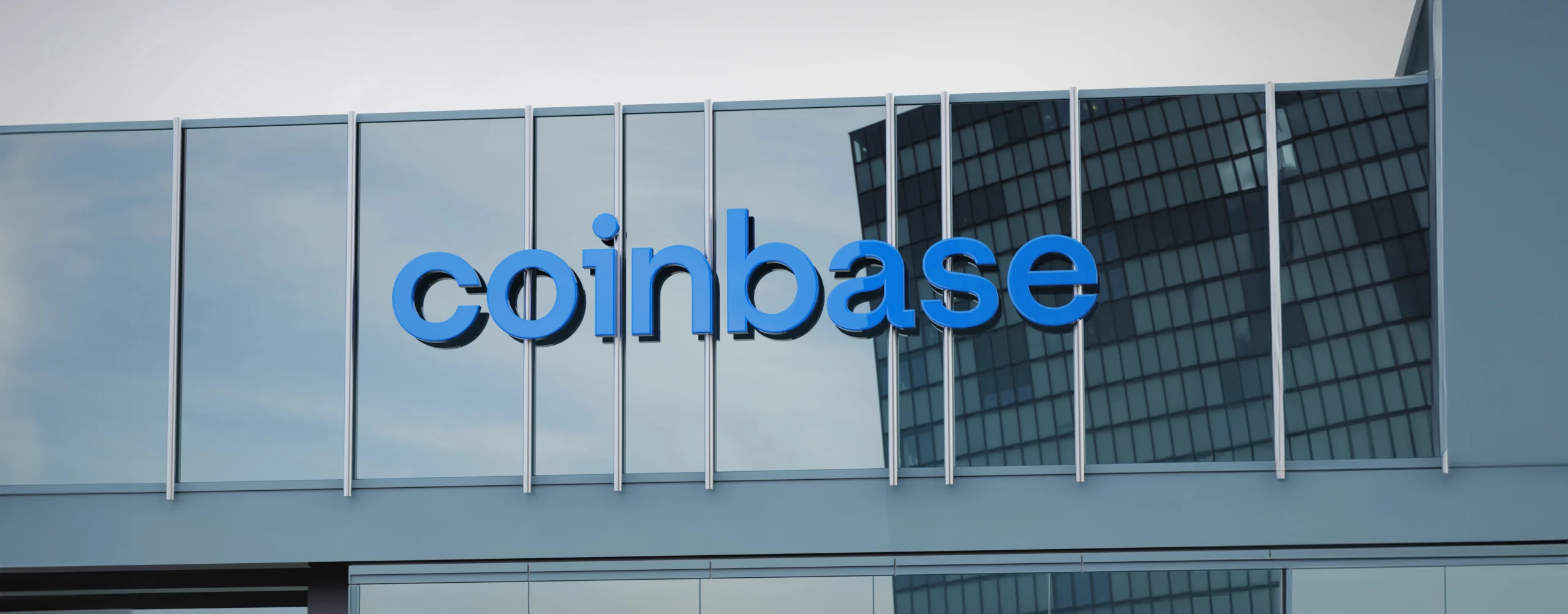|
Getting your Trinity Audio player ready...
|
Robinhood has restricted user access to the digital currencies on its platform. Now, Robinhood users can only buy digital currency if the funds on their account have settled; what they can not do is use “instant deposit” money to purchase digital currency.
“Due to extraordinary market conditions, we’ve temporarily turned off Instant buying power for crypto,” said a Robinhood spokesperson.
The extraordinary market conditions that they may be referring to might be the influx of individuals who have decided to invest in digital currency. Yesterday, Dogecoin became widely discussed by a large number of internet communities that have conspired to induce short squeezes on stocks and pump up the price of penny stocks, or really any asset with a value below $1.
As a result, Dogecoin pumped by over 800%, and Robinhood’s platform experienced bottleneck issues due to the swath of users looking to trade stocks that fall under their short-squeeze and penny stock thesis. This style of investing has recently been referred to as “investing in meme stocks.”
Robinhood is under fire
Over the past few days, retail investors have been disappointed with Robinhood. When the short-squeeze and penny stock investment theses began circulating, Robinhood halted or terminated trading for the stocks and digital currencies that became popular due to the thesis.
The retail investors were disappointed that industry giants like Robinhood got to pick and choose where the people were allowed to place their money. Which led many blockchain-enthusiasts to believe that the adoption of decentralized financial products would be catalyzed by this event.
On a decentralized exchange, there is no central entity that can step in and decide which assets can and can’t trade. Instead, it is up to the platform users to provide both the shares and liquidity in the market. In a blockchain-based financial market, trades happen directly from peer-to-peer, and there is no intermediary involved. By cutting out the middleman, consumers can remove oppressive parties like Robinhood that have been dictating how they can and can’t trade.

 02-11-2026
02-11-2026 




